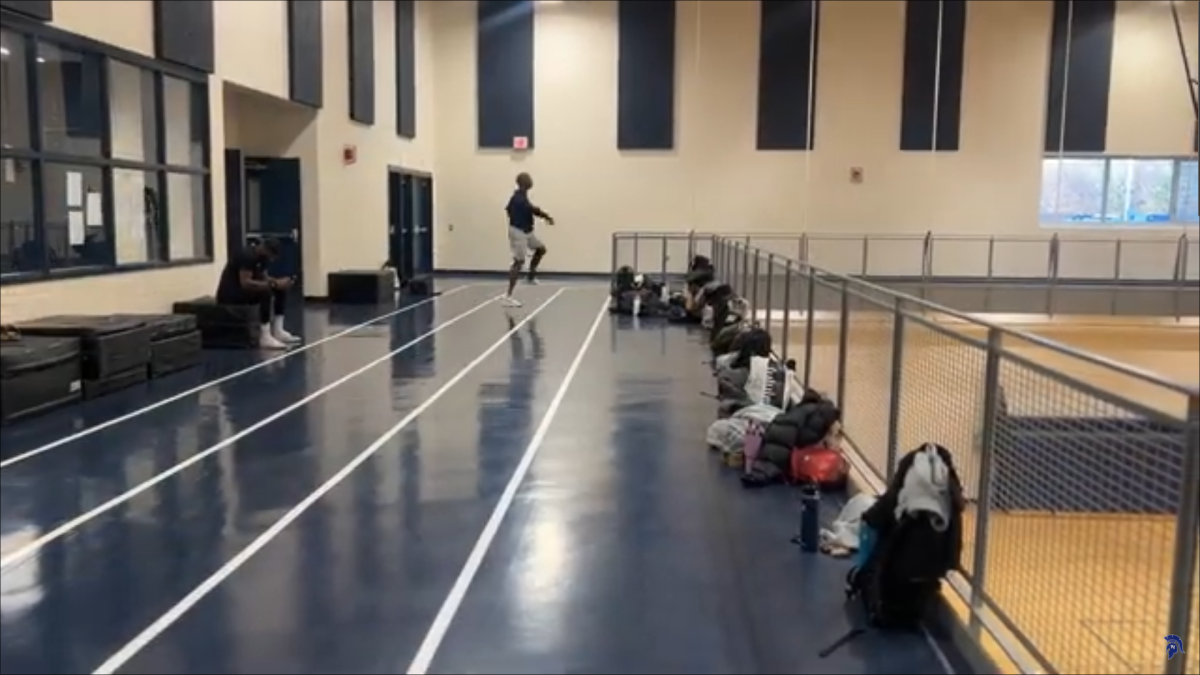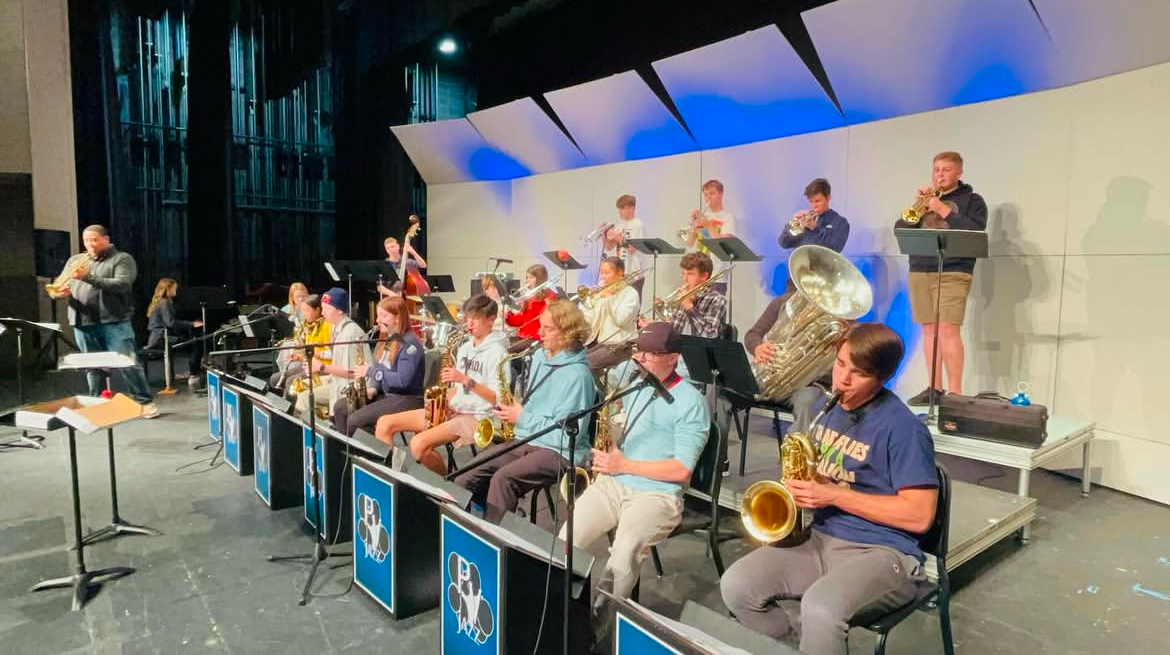Dual credit classes are rigorous college courses offered by the school. While they are displayed as being difficult classes for the most part, they receive no difference in credit received.
As students become juniors and seniors, they have a wider range of classes to select from. Other than loose guidelines like how many years of a subject must be taken, many options in the subject itself are open to the student. As students advance in their academic careers, two kinds of classes become available to them: AP and dual-credit.
Dual Credit classes are college classes offered at the high school. These classes can be transferred directly to colleges, provided that the college accepts them. AP classes require passing a standardized test at the end of the year in order to be transferred to colleges.
While both classes are essentially covering material similar to those taken at college, there is a significant difference at the high school. AP classes are given an honors weightage where as dual-credit are not. This means that AP classes are graded from a 5.0 weighted scale contrary to the 4.0 grading scale of dual-credit classes.
While it doesn’t seem like a large impact, there are clear consequences to this grading system. The biggest difference lies where the two classes overlap: Calculus. Both dual credit calculus and AP calculus are taught at the high school, and students are allowed to pick between the two after they have completed pre-calculus.
While there are minor differences in the material covered, both classes cover a majority of the same topics. This brings to light the issue. Many students opt for the AP version of the class rather than the dual-credit because of the difference in the GPA it makes. Normally a difference in a 5.0 to a 4.0 weighted class would be the rigor of the class, but this is not the case here.
Landa teaches the dual credit class at the high school. “I’ve heard from my students that have taken both that my class goes into more depth than AP.”
Both classes are equally as difficult with some arguing that dual-credit calculus may be even harder at times. Instead, many students decide to take AP calculus for the AP name and the weightage behind it. If this is the case, then why do people take dual credit Calculus still?
The few benefits for the class are its semester schedule and direct transferring ability to many state colleges. This pushes students to take the class and transfer over the grade that they receive directly to college. However, this still is not fair for those taking the class at the time.
Senior Max Crowley is taking AP Calculus this year. “I took AP Calculus because colleges look at the number of AP classes but I don’t like having to take the test to get the credit.”
If a class covers material at a heightened pace such as Calculus, it should be graded on a weighted scale, so that it can be shown to have the same weightage on the transcript. It is unfair to students taking these classes as their hard work goes unnoticed when the class’s difficulty is equal to or greater than its AP counterpart.
Calculus is just one of many examples in the flawed grading system. The school needs to review to see what changes can be made to make sure students receive the grades they deserve.















